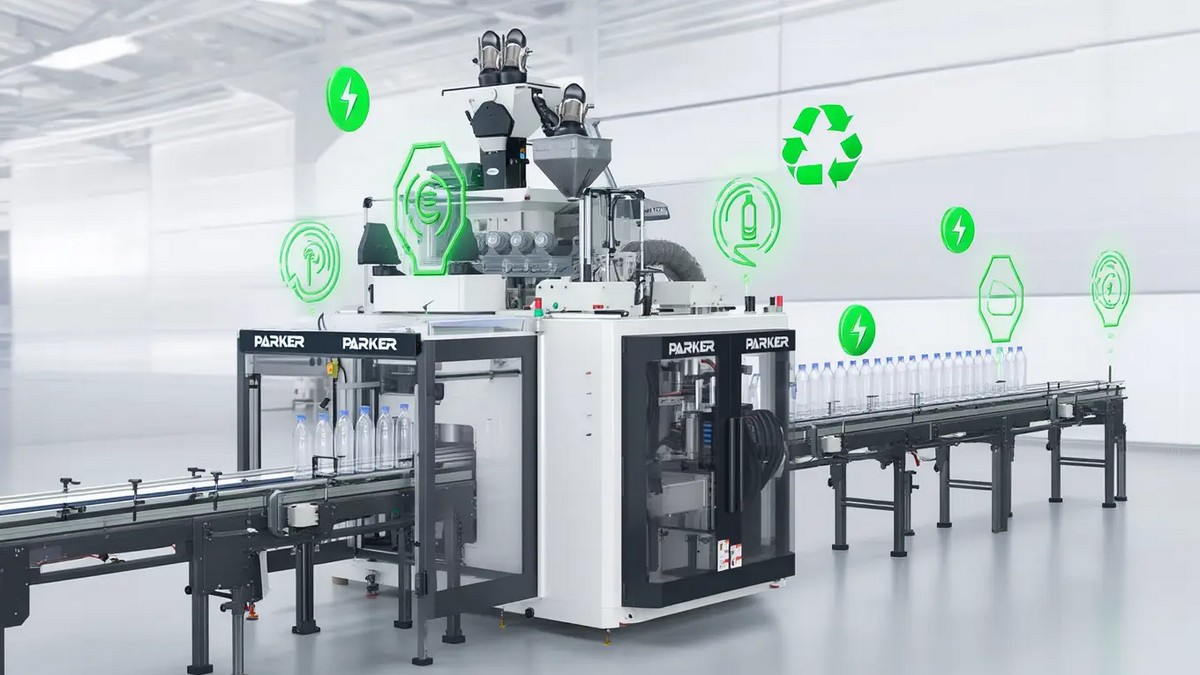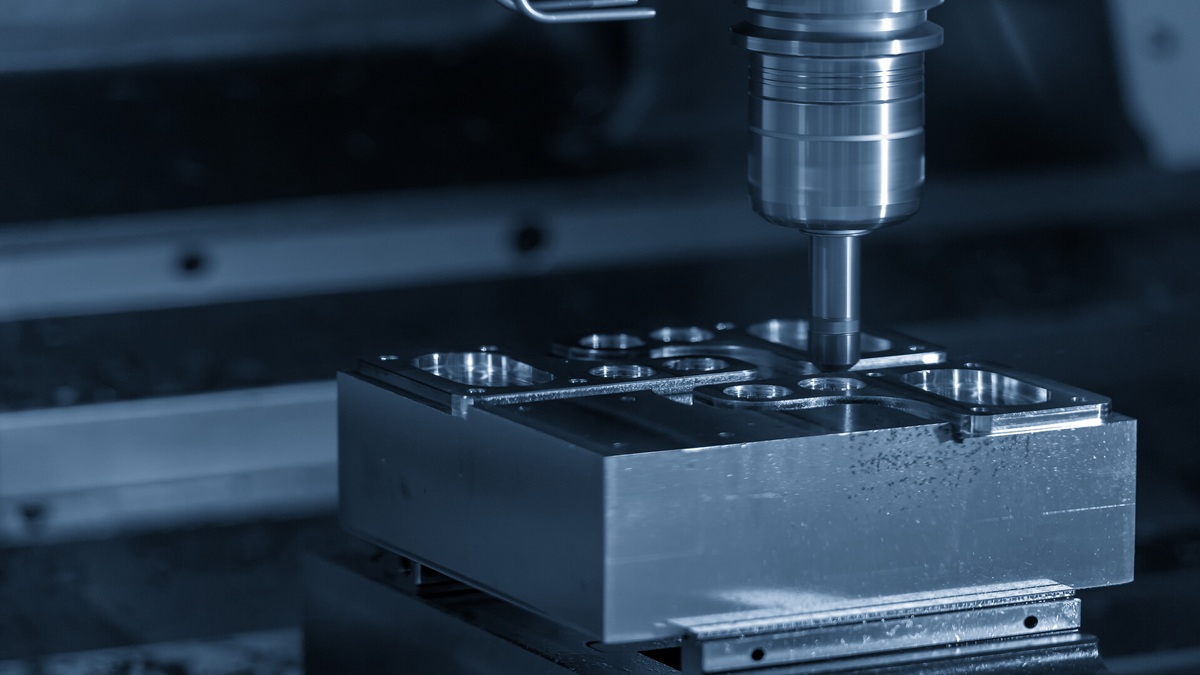According to the economic growth data currently released by the US Department of U.S. Bureau of Economic Analysis (BEA), in the third quarter of 2019, US private consumption reached a growth rate of 2.6%. Compared with private consumption, the growth rate of private investment is the lowest since President Trump ’s tenure, only 0.4%.
Compared with the import amount of machine tools in the United States in recent years (2015 ~ 2019), the following points are worth us to pay attention:
U.S.-China trade war cuts China's machine tool exports to the U.S. in 2019 by 31.5%.
Due to the impact of the trade war tariffs, China's machine tools exported to the United States in 2019 reduced by more than 100 million USD compared to 2018. Among them, the models with the most declining growth rates are lathes and comprehensive processing machines, and the models with the most reduced amounts are lasers and processing and stamping machines. This also means that before the current phase I trade agreement is signed and before the next consensus is reached, the above-mentioned machine the tool that has already imposed 25% tariffs on the first wave of 34 billion tariff lists in May 2019, due to the cost increase, other countries will continue to divide China's market share into the United States.
Machine Tool Orders Fall in January 2019, COVID-19 Delay Industry Comeback
U.S. manufacturing technology orders decreased in January to the lowest monthly total since January 2017. Machine tool orders fell sharply in January while the COVID-19 may delay the industry’s comeback, AMT – The Association for Manufacturing Technology, said today in a monthly report.
Orders for January totaled $239.4 million for the first month of 2020. That was a 32 percent fall from an adjusted $398.8 million for December. It was also a 34 percent decline from $408.1 million in January 2019.
The U.S. manufacturing technology orders decreased 32 percent in January from the previous month to $269 million, according to the latest U.S. Manufacturing Technology Orders report published by AMT – The Association For Manufacturing Technology. January manufacturing technology orders were the lowest since January 2017. New orders placed in January 2020 fell 34 percent from January 2019.Expected a comeback for machine tool orders beginning around mid-year.
AMT cautioned a rebound may be pushed back as the number of the coronavirus cases expand. China was the first major nation to be hit and the virus caused factory shutdowns. It has spread to South Korea and Japan.
In Europe, Italy has been hard hit, with much of the industrial northern part of the county going on lockdown to contain the disease. Cases in the United States are on the upswing. The U.S. auto industry stands to be affected by a decline in parts imported from China.
“It now appears that the coronavirus will likely impact a turnaround in manufacturing technology on several fronts,” Douglas K. Woods, president of AMT said in a written statement.

Impact of COVID-19 ripples through the automotive sector in the industry
Monday Prime Minister Justin Trudeau closed Canada’s border to everyone who is not a citizen or permanent resident with an exception for Americans. Diplomats and flight crews are also exempted.
“With the supply chain in North America so tightly integrated, it would be a disaster if the border was closed (completely),”.
Automotive Parts Manufacturers Association president Flavio Volpe applauded the federal government for keeping trade flowing and recognizing the ‘special relationship with the U.S.’ by exempting American citizens and flights.
“This is a delicate situation at a critical time,” Volpe said. “The cost of banning U.S. citizens could’ve been access to goods and medical supplies we could only get from the U.S. We know the ethic and discipline the U.S. healthcare system will put into quarantining this virus will be at least equal to Canada.”
Volpe said a real danger to the supply chain is if the car market crashes as it did in China and now Europe.“We’re not there yet, but we’re monitoring the situation closely,” Volpe said. “In the short term, I don’t see any plant closures or dropped shifts. They (automakers) are going to build cars as long as they can.”
Bilton said the Tier I suppliers will be the first to feel the impact if the automakers begin closing plants like they’re doing in Europe. For the many tools and die and mold-making firms in southern Ontario, their business isn’t as reactive to an automaker’s short-term plans as Tier I partners.“For tool and die shops, projects take 20-35 weeks to complete, so they wouldn’t be hurt as immediately,” Bilton said.
“The orders are in and we’re in mid-cycle making tools and molds. That’ll continue.”
The bigger concern for companies is keeping their employees healthy. Automate Canada chair Shelley Fellows said firms are already introducing several protocols aimed at protecting employees from COVID-19. Spacing between workers on the plant floor has been increased where possible and the APMA has created a platform listing best practices for its membership.
“There are restrictions on visitors (to plants) and meeting customers face-to-face,” Fellows said. “Alternatives using electronics and holding digital meetings are being encouraged.”
Companies are banning travel, encouraging self-screening if employees have traveled and self-isolation.Manufacturing facilities are also being sanitized more vigorously, especially shared surfaces. Employees are being encouraged to work from home if possible.
The figures released by AMT are based on information from companies participating in the organization’s U.S. Manufacturing Technology Orders (USMTO) program.
Woods said there are signs that orders will recover once the coronavirus subsides. The Institute for Supply Management’s manufacturing index has shown expansion during the first two months of 2020 following five months of economic contraction to end 2019.
“The fundamentals of the U.S. economy are strong, and this should aid in a quick recovery,” Woods said.
Based on the above observations, the company will continue to carefully monitor the situation and take precautionary measures to face COVID-19. For many tools and mold manufacturing companies, their business projects do not respond to the short-term plans of automakers like Tier 1 partners. For mold shops, the project takes 20-35 weeks to complete, so it will not Get hurt immediately. At present, the company is most concerned about maintaining the health of its employees and coping with the difficult times of the global community.
“Global travel and commerce will be negatively impacted, supply chains in Asia will continue to be disrupted, and purchasing decisions will be delayed due to uncertainty,” Wood added.










.jpg)
.jpg)


點-m-90454917_m.jpg)